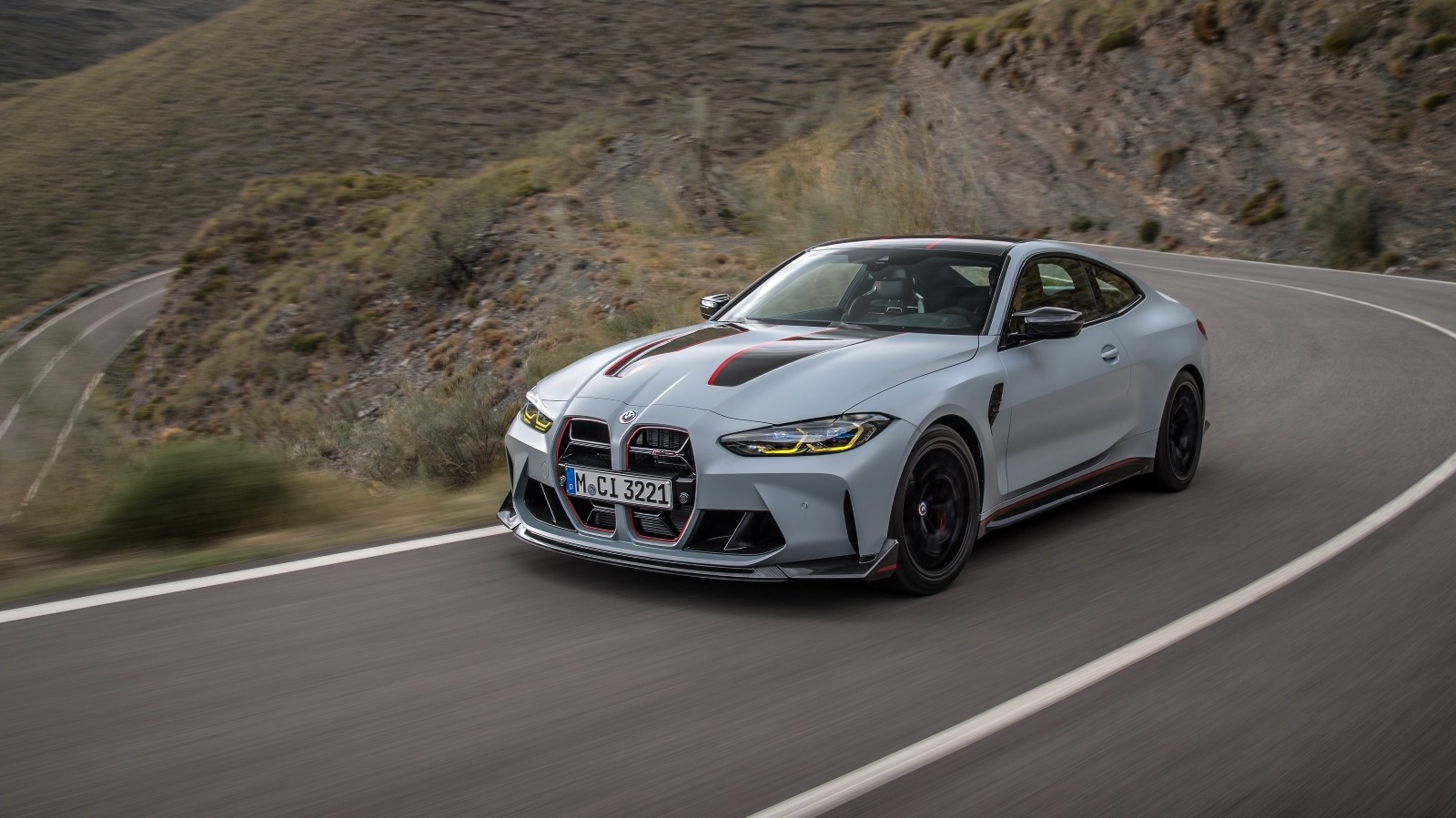Representational image. Reuters File
Hyundai Motor plans to float its Indian subsidiary to raise at least $3 billion in what would be the country’s largest IPO, according to two sources, as the South Korean company doubles down in the important growth market ahead of Tesla’s widely anticipated debut.
Hyundai Motor India is in early stages of planning an initial public offering (IPO) and has initiated negotiations with various banks, according to two individuals briefed on the topic, who spoke on the condition of anonymity because the talks are not yet public.
Hyundai, India’s second-largest manufacturer with a 15% market share, is soliciting funds that may value its Indian operations at up to $30 billion, more than half of its $42 billion market capitalization in Seoul. The company’s shares rose 5% on Monday, reaching their highest level in over three years.
A valuation of up to $30 billion would place Hyundai’s India operation below rivals such as Tata Motors (new tab $41.43 billion) and Maruti Suzuki India (new tab $40.11 billion).
A spokesman for Hyundai India declined to comment.
The company is looking into “value unlocking for its India business” through the IPO, according to the two persons.
“They want to make use of India’s IPO boom. India’s capital markets have hardly stood out like this before compared to other countries,” one of the two people added.
Boosted by billions of dollars of domestic and foreign money, India’s $4 trillion stock market has emerged as a fast-growing alternative to China, recently overtaking Hong Kong as the fourth-largest in the world.
India’s benchmark Nifty 50 index opens new tab rose 20% in 2023 and has extended its record run into 2024.
IPOs in India boomed in the second half of 2023 and bankers expect this to continue in 2024 amid hopes of policy stability. SoftBank-backed Ola Electric and food delivery firm Swiggy, among others, are expected to list this year.
In 2023, 239 companies raised $6.78 billion via IPOs in India, according to LSEG data.
India’s biggest IPO was the 2022 listing of its largest insurer, Life Insurance Corporation opens new tab, in which it raised up to $2.7 billion.
For its India IPO, Hyundai has held talks with investment banks JP Morgan opens new tab, Morgan Stanley opens new tab, Citi opens new tab and Bank of America opens new tab though no formal appointments have been made, the two people said.
Bank of America declined to comment, while the other three did not respond to a request for comment.
India’s Economic Times newspaper first reported Hyundai’s plans for an India IPO.
Hyundai’s India push
Hyundai, India’s second-largest car maker by sales, is now doubling down in the South Asian nation and the United States after scaling back its production in China after years of losses there and exiting Russia after selling its two Russian plants.
It entered India more than two decades ago and is the only foreign player to have become dominant alongside market leader Maruti Suzuki, while companies like Ford Motor opens new tab and General Motors opens new tab have folded their India business.
Hyundai’s share of the Indian market reached a peak of nearly 20% mainly due to its wide portfolio of small cars and a grasp of what buyers want, but it is seeing growing competition from domestic players like Tata Motors opens new tab which has launched a slew of new SUVs and electric cars.
Hyundai now has about a 15% share of the Indian car market where it sold 567,000 vehicles in the last fiscal year.
Analysts noted that Hyundai’s India unit IPO talks come amid Tesla’s plan to enter India and if Hyundai’s unit manages to go public in the country, it might help Hyundai better compete with Tesla in the Indian EV market in the future.
Hyundai has said it plans to invest close to $4 billion in the Indian market in parts over the next decade to launch new EVs, charging stations and a battery pack assembly unit. Part of the money is being invested in buying a former GM plant to help Hyundai expand its production.
Hyundai currently manufactures cars at its plant in the southern Indian city of Chennai which is dubbed the Detroit of Asia.







